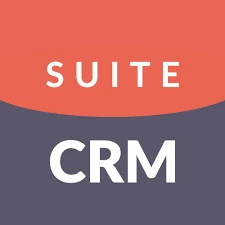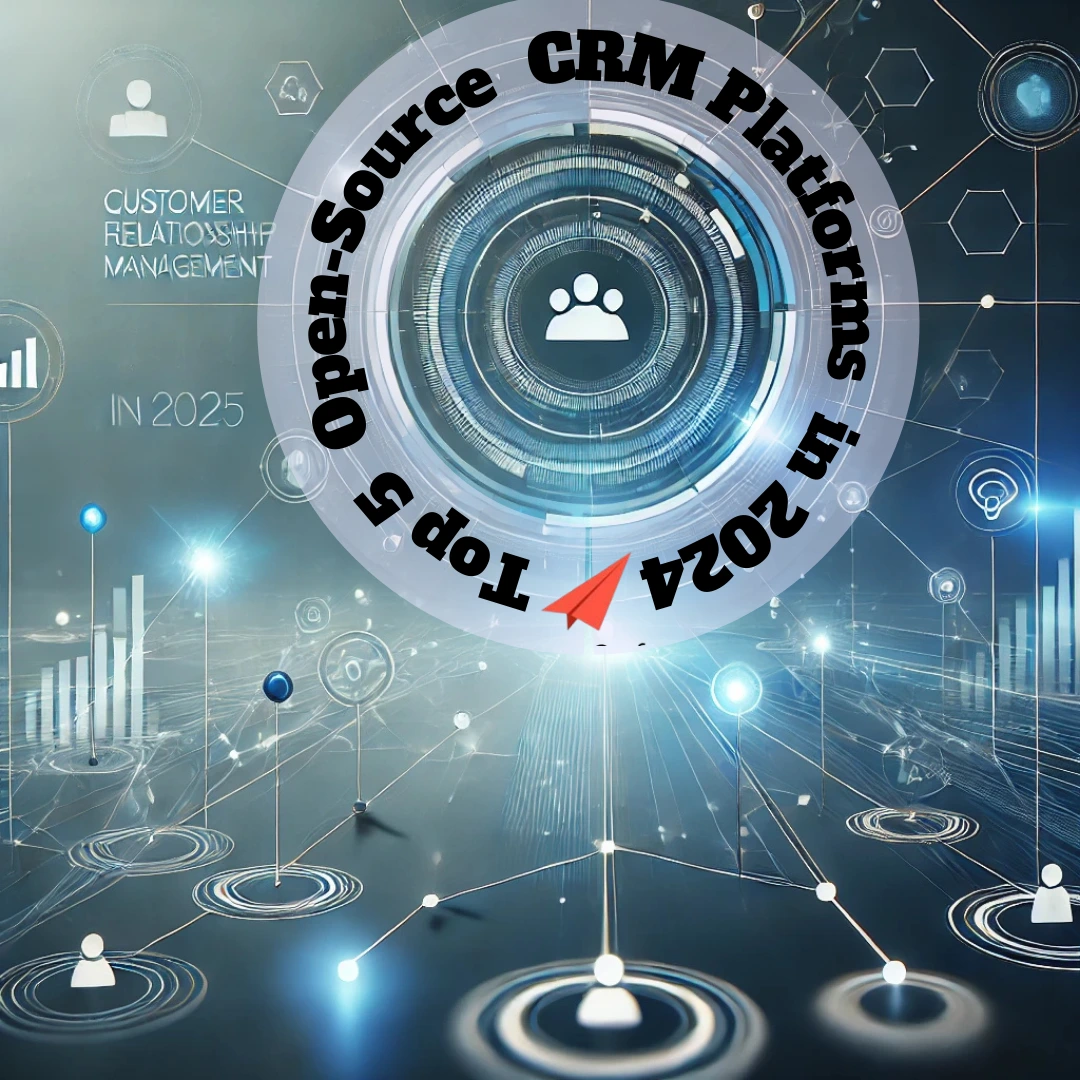In an era where customer relationships are central to business success, open-source CRM (Customer Relationship Management) platforms have emerged as powerful tools for managing and optimizing interactions. These platforms offer businesses the flexibility to tailor solutions to their unique needs while avoiding the costs of proprietary software. In this blog, we’ll explore the top 5 Open Source CRM Platforms in 2024, highlighting their strengths and the challenges they face as they adapt to the evolving landscape of 2025.
1. SuiteCRM

Why It Shines
SuiteCRM, a fork of SugarCRM, is one of the most popular open-source CRM platforms, with over 5k GitHub stars. It offers robust sales, marketing, and support automation tools, making it an excellent choice for businesses of all sizes. One of the Best Open Source CRM Platforms in 2024.
Strengths
- Customizability: Highly flexible and tailored to meet unique business needs.
- Cost-Effectiveness: Free to use with a thriving community contributing plugins and extensions.
- Scalability: Suitable for small startups and large enterprises alike.
Challenges Ahead
- UI Modernization: Competing with sleek interfaces of proprietary CRMs like Salesforce requires significant UX improvements.
- AI Integration: As businesses increasingly rely on predictive analytics, SuiteCRM must enhance its AI-driven insights capabilities.
2. Vtiger CRM

Why It Shines
Vtiger CRM, with 1.5k+ GitHub stars, combines ease of use with a comprehensive feature set, including lead management, email marketing, and project management. It caters well to small and medium-sized businesses.
Strengths
- Ease of Use: Intuitive interface and straightforward setup process.
- All-in-One Solution: Combines sales, marketing, and support tools in a single platform.
- Mobile Apps: Strong mobile application support for on-the-go CRM management.
Challenges Ahead
- Scaling for Enterprises: Enhancing features to cater to the needs of large-scale operations is essential.
- Extensibility: Limited third-party integrations compared to more popular competitors.
3. CiviCRM
![]()
Why It Shines
CiviCRM is a unique open-source CRM focused on non-profits, NGOs, and advocacy organizations. With over 1.3k GitHub stars, it provides specialized tools for managing donations, memberships, and events.
Strengths
- Purpose-Built for Non-Profits: Features tailored to fundraising and advocacy make it a niche leader.
- Multi-Language Support: Ideal for global organizations with diverse user bases.
- Community-Driven: Active community ensures ongoing updates and enhancements.
Challenges Ahead
- Limited General Business Appeal: Lack of features for commercial enterprises limits its broader adoption.
- Modernization Needs: Keeping up with the latest web technologies to improve speed and user experience.
4. OroCRM

Why It Shines
OroCRM, developed by the team behind Magento, is designed for businesses with complex e-commerce and B2B workflows. With over 2.6k GitHub stars, OroCRM provides advanced features like order management and customer segmentation.
Strengths
- E-commerce Integration: Seamless integration with Magento and other e-commerce platforms.
- Customizable Workflows: Tailored for businesses with intricate sales and support processes.
- Open API: Facilitates robust integrations with third-party tools.
Challenges Ahead
- Learning Curve: Complexity in configuration and setup can deter smaller businesses.
- Competition: Competing with CRM giants in the e-commerce domain requires innovative features and better marketing.
5. EspoCRM

Why It Shines
EspoCRM is a lightweight, modern CRM with over 2k GitHub stars. It’s designed for small to medium-sized businesses looking for simplicity and efficiency in managing customer relationships.
Strengths
- Lightweight and Fast: Optimized for small teams without unnecessary bloat.
- Affordable Add-Ons: Offers paid extensions for advanced functionality while maintaining a free core.
- Ease of Integration: Open API makes it easy to integrate with other systems.
Challenges Ahead
- Feature Expansion: Competing with more comprehensive platforms like SuiteCRM requires continuous development.
- Scalability: Enhancing capabilities to handle large-scale deployments is crucial for future growth.
Challenges and Opportunities Toward 2025
- AI and Machine Learning Integration:
As businesses demand smarter tools, open-source CRMs must incorporate AI to offer predictive analytics, lead scoring, and personalized customer experiences. - Data Privacy and Compliance:
With regulations like GDPR and CCPA becoming stricter, CRMs need built-in compliance tools to help businesses manage sensitive customer data responsibly. - Mobile and Remote Usability:
The rise of remote work necessitates strong mobile and cloud-based solutions for managing CRM tasks on the go. - Enhanced Automation:
Automating repetitive tasks like lead nurturing, email marketing, and data entry can save time and improve efficiency. - Competing with SaaS Giants:
Open-source CRMs must emphasize their flexibility, cost-effectiveness, and ability to avoid vendor lock-in to compete with proprietary solutions like Salesforce and HubSpot.
Final Thoughts About Open Source CRM Platforms in 2024
Open Source CRM Platforms in 2024 like SuiteCRM, Vtiger, CiviCRM, OroCRM, and EspoCRM continue to empower businesses with scalable, flexible solutions for managing customer relationships. However, as we look toward 2025, these platforms must address challenges such as AI integration, compliance, and usability to stay competitive. Whether you’re a non-profit, a small business, or a large enterprise, these CRMs provide a solid foundation for building meaningful customer connections.

